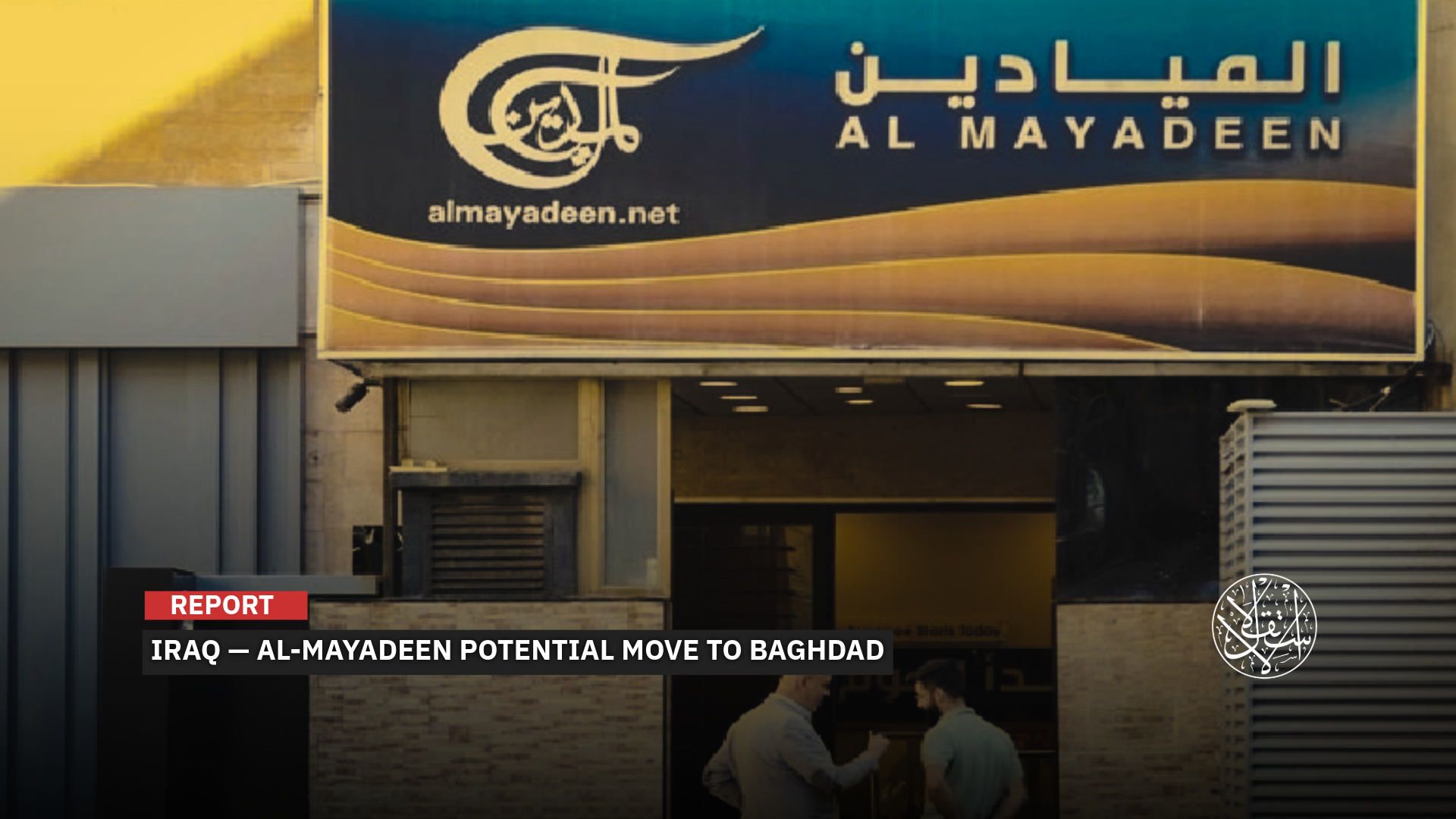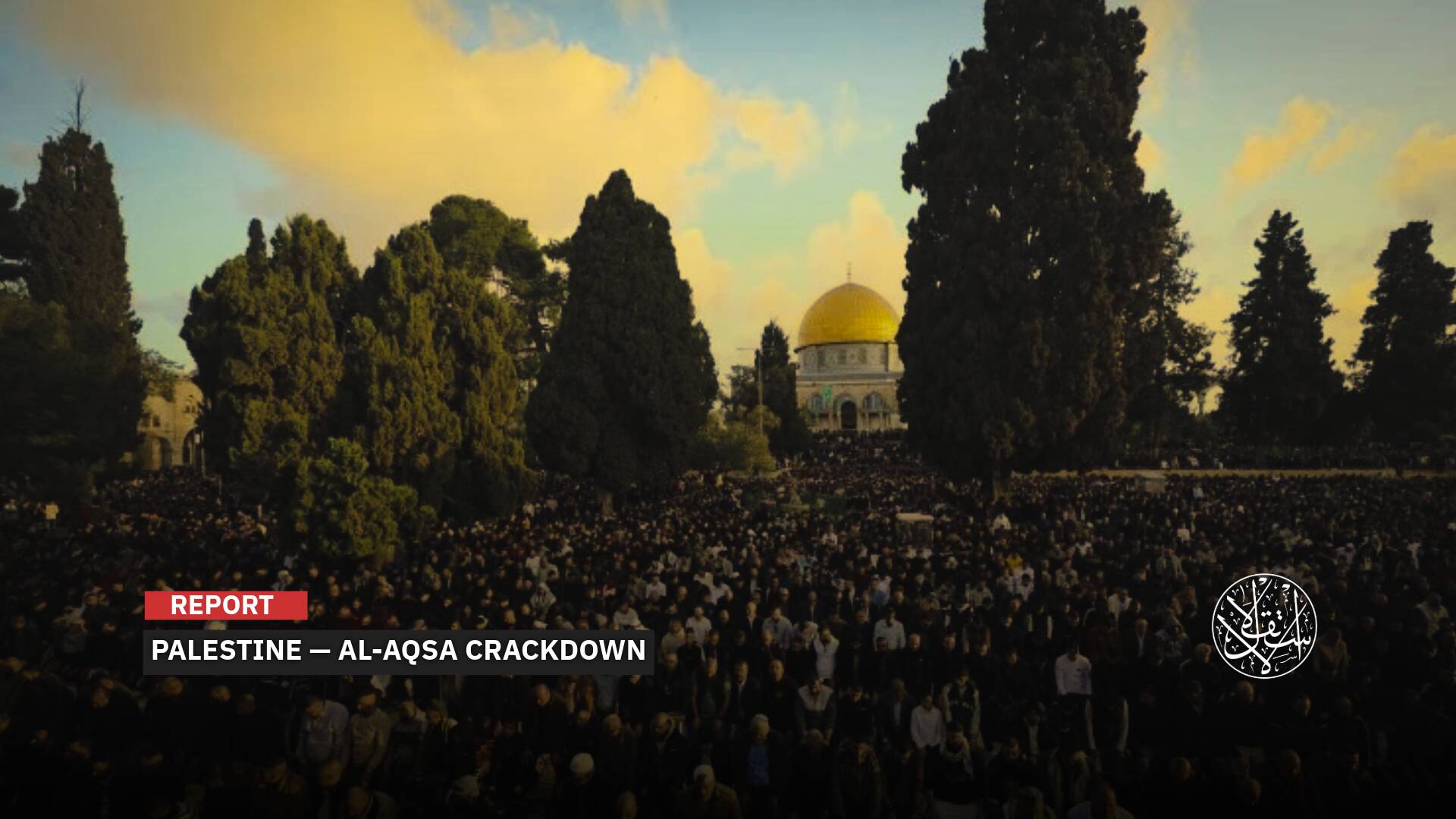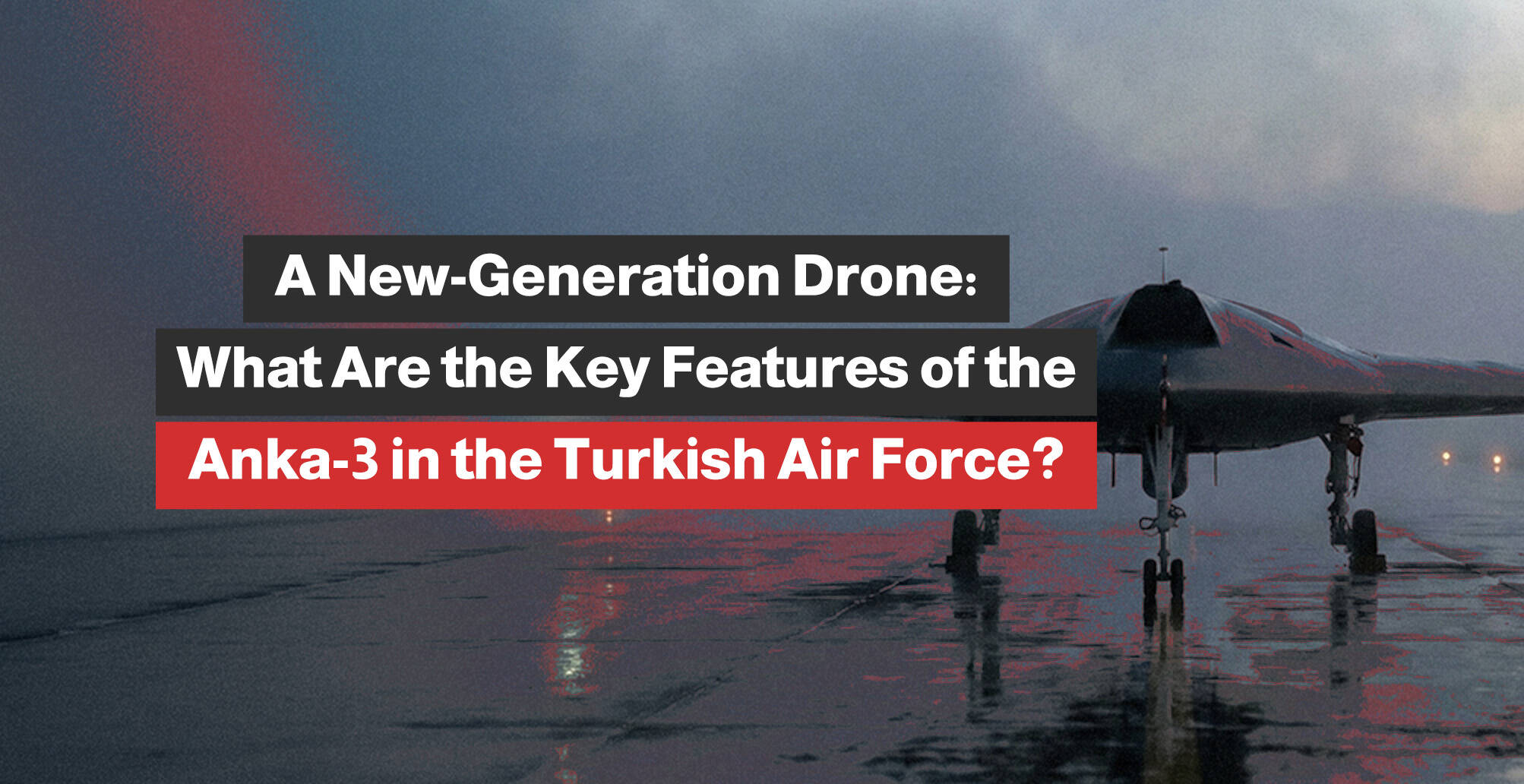Suffocating Conditions: What’s Behind al-Mayadeen Move from Lebanon to Iraq?

Bin Jiddo confirmed that the channel’s interest in Iraq is not limited to the parliamentary elections.
Reports from Iraq and Lebanon suggest that the Lebanese channel al-Mayadeen, linked to Hezbollah, may be moving its operations from Beirut to Baghdad. The developments follow the network’s recent launch of al-Mayadeen Plus, aimed at covering Iraqi affairs starting with the parliamentary elections as a prelude to broader coverage.
The channel has not issued any statement confirming or denying a full relocation, raising questions about whether the September 22, 2025, launch of al-Mayadeen Plus is a first step toward a permanent move.
The reports come a year after the channel reportedly received approval from the Iraqi government to relocate and roughly a year after the Israeli war on Lebanon, which led to the assassination of much of Hezbollah leadership, including Secretary-General Hassan Nasrallah.

Suffocating Environment
The move to relocate al-Mayadeen is officially presented as part of a media expansion strategy, but reports of the settlement of Hassan Nasrallah’s children and the families of Hezbollah leaders in Iraq suggest it should be seen within a broader context beyond mere administrative reorganization, according to Baghdad Today.
The Iraqi outlet reported on October 3, 2025, that the channel faces a tight financial environment in Lebanon due to U.S. and international sanctions on Hezbollah, making the search for alternative platforms critical.
In-depth legal analyses cited by the agency suggest that Iraq, with its political structure open to Iranian influence, offers a less restrictive financial environment, potentially ensuring the continuity of organizations directly linked to Hezbollah.
The report linked al-Mayadeen’s move to leveraging Iraqi banking resources, noting that the relocation reflects an effort by the “axis of resistance” to strengthen its media presence in a space less exposed to direct international pressure while taking advantage of Iraq’s openness to Iran.
Historical precedents indicate that relocating media or political institutions often reshapes spheres of influence, which could impact Iraq’s relations with the United States and Gulf countries closely monitoring Hezbollah’s regional expansion.
The combination of al-Mayadeen’s potential move and reports of Nasrallah family members in Iraq highlights intersecting media, financial, and political dynamics, placing Baghdad in a sensitive position, while the channel seeks a less restrictive environment to sustain its operations.
An unnamed Iraqi government source told the agency that claims of using Iraqi banks to funnel Iranian funds to Hezbollah are speculative and lack evidence.
The Lebanese outlet Polygraph News reported that logistical preparations for al-Mayadeen are nearly complete in anticipation of relocating its main headquarters to Baghdad while keeping its Beirut office operational.
The platform added that this move positions al-Mayadeen to expand its media operations and strengthen its regional presence through the new Baghdad base.

A New Initiative
On September 28, Al-Mayadeen Network chairman Ghassan bin Jiddo said the launch of Al-Mayadeen Plus is more than just a media project linked to a single Arab election—a reference to Iraq’s upcoming parliamentary vote on November 11, 2025.
A week after the launch announcement, bin Jiddo said the new platform is taking a gradual, low-key approach, seeking to fulfill broader goals rather than using its name for a limited purpose.
The network quoted Ritta Wehbe, bin Jiddo’s executive assistant, saying that al-Mayadeen has prepared several studios to cover the Iraqi elections, hosting dozens of politicians, candidates, analysts, and experts in an atmosphere of media neutrality.
Regarding al-Mayadeen Plus’s future beyond the “Choice and Decision” election coverage, Wehbe emphasized that it marks the beginning of a larger project in preparation for over a year, describing it as “an Iraqi Mayadeen initiative soon to emerge in the heart of Baghdad.”
Iraqi journalist Omar al-Janabi said Ghassan bin Jiddo was in Baghdad and had secured official approval and support from the Iraqi government to move al-Mayadeen’s headquarters from Lebanon to Iraq.
Al-Janabi added that the new headquarters would be near the Iraqi channel Alsumaria in central Baghdad, with technical staff already setting up studios and logistical requirements in the building overlooking the Tigris River.
According to al-Janabi, the Lebanese channel affiliated with Hezbollah received official Iraqi support for higher-quality broadcasting and is now seeking media personnel for a fresh start after shifting its Iran-aligned media base from Beirut to Baghdad.
On October 25, 2024, the Lebanese Official News Agency reported that Israeli Occupation warplanes destroyed al-Mayadeen’s office, located in an apartment within a residential building in the Al-Janah area near Beirut’s southern suburbs.
The warplanes launched two missiles at the office, reducing it to rubble and igniting a fire. The channel’s management had evacuated the building at the start of the Israeli aggression.

‘False Cover’
Commenting on Al-Mayadeen’s possible move to Iraq, Iraqi researcher Hamed al-Abidi said the relocation is entirely expected and that it would be unthinkable for the channel not to move to a country that now offers far better conditions than Lebanon.
“Al-Mayadeen belongs to the Iran-aligned media network in the region, and Iraq remains central to its operations,” he told Al-Estiklal.
“The pro-Iranian Shiite Coordination Framework currently governs the country, making Baghdad a safer environment politically, financially, and security-wise for the channel.”
“All of Hezbollah’s interests in Lebanon, particularly its official and unofficial media voice, are under threat due to the severe financial crisis and restrictions on incoming funds from Iran or elsewhere,” al-Abidi said, stressing the importance of maintaining their media operations amid dwindling ground influence.
“The timing of the Iraqi elections is merely a cover, as is the discussion of al-Mayadeen Plus, which serves as a false cover for the channel’s actual relocation.”
“The decision to move was made about a year ago, so current discussions carry multiple interpretations,” he added.
The researcher did not rule out a potential escalation in al-Mayadeen’s rhetoric against the Lebanese government, which is pushing to disarm Hezbollah, or against current authorities in Syria, which could create tensions for Iraq, though the move may be an Iranian decision imposed on Baghdad.
Iraqi political analyst Ahmed al-Alwani noted on X in early October that after U.S. crackdowns on money laundering from Iraq to Lebanon for Hezbollah, the Iranian-backed al-Mayadeen channel is announcing its move to Baghdad to bypass the financial transfer crisis.
The Iraqi Wazir account posted on X on October 4, stating, “The U.S. Treasury received an email from an Iraqi citizen confirming that al-Mayadeen has been funded from Iraq since the tenure of former Prime Minister Adil Abdul Mahdi in 2019 and continuing to the present.”
The locally influential account added that Baghdad faced threats and strict barriers on dollar transfers to Beirut, but Iran-aligned actors outmaneuvered the U.S., relocating al-Mayadeen to Iraq to fund it directly without triggering external monitoring.
Sources
- Al-Mayadeen and Nasrallah’s Sons in Baghdad: Media Expansion or Resistance Axis Repositioning? [Arabic]
- 'Al-Mayadeen Plus': Iraq – 'Choice and Decision' [Arabic]
- Amid 17 Raids in Beirut: Israel Destroys al-Mayadeen Channel Office and Kills a Person [Arabic]]
- Al-Mayadeen Plus: A New Channel from the Heart of Iraq in the Parent Network Space [Arabic]











